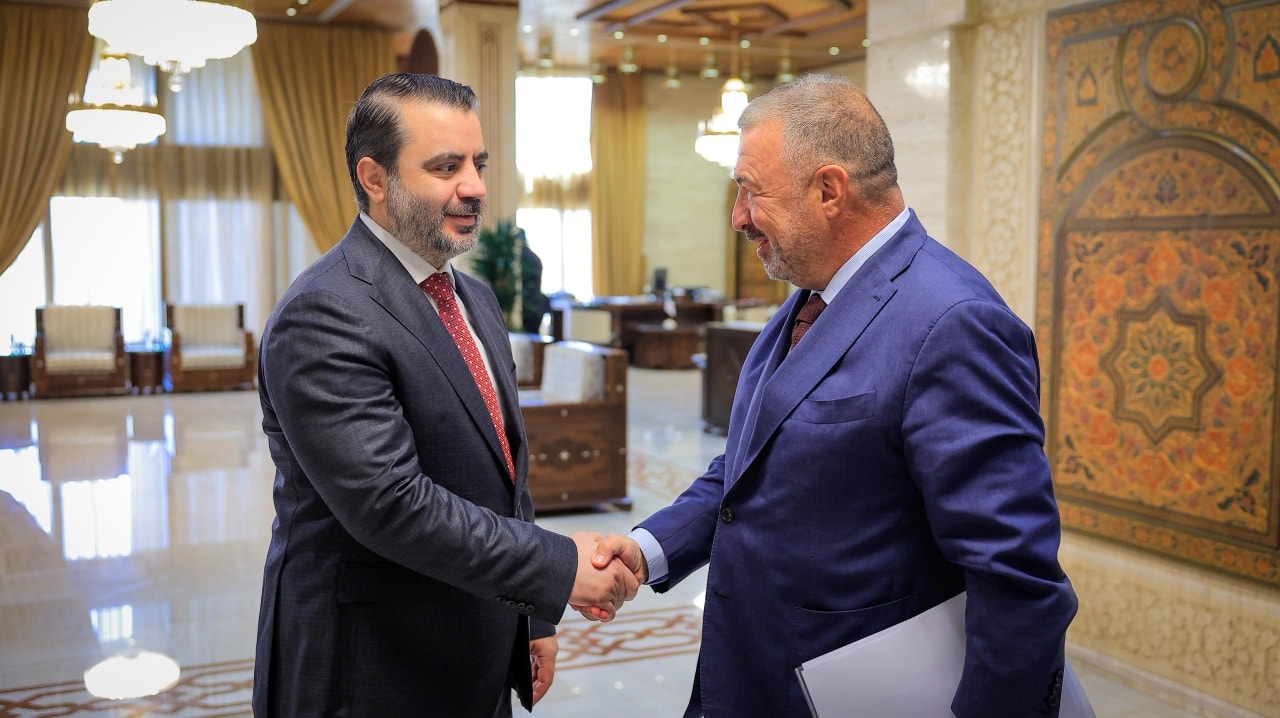Damascus discusses with the World Bank prospects for reconstruction and development

The meeting was not limited to diplomatic formalities, but also addressed technical files such as the "Strengthening and Managing Public Financial Capacities" project, which was discussed by the Assistant Head of the Central Authority for Control and Inspection with World Bank representatives last July. These talks indicate a clear direction towards reforming the Syrian financial structure, which has suffered for years from international isolation and the repercussions of war.
International support is no longer limited to the World Bank, as the International Monetary Fund announced last May its readiness to provide technical advice in sensitive areas such as public debt management and banking system reform. These signals reflect a growing conviction in international circles that Syria's economic stability is essential for the security of the entire region.
However, challenges remain significant. Rebuilding trust in economic institutions requires more than just technical support; it needs deep structural reforms in governance and transparency. Additionally, directing resources towards vital reconstruction projects will require broad international cooperation and coordination among donors.
These steps represent a real test for the new Syrian government, as its ability to apply standards of transparency and good governance will determine Syria's attractiveness for international investments. Success in these areas may open the door to foreign direct investment flows, while failure could return the country to the square of economic isolation.
The current scene indicates a gradual shift in international dealings with Syria, from sanctions and isolation to cautious openness accompanied by technical and institutional support. However, the road remains long to achieve the desired economic stability.